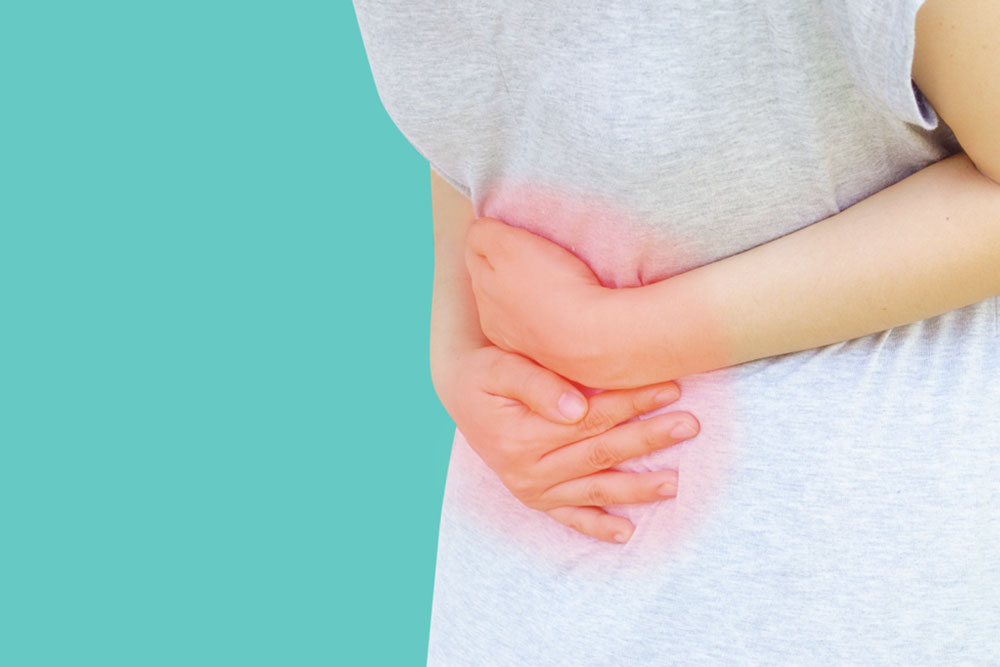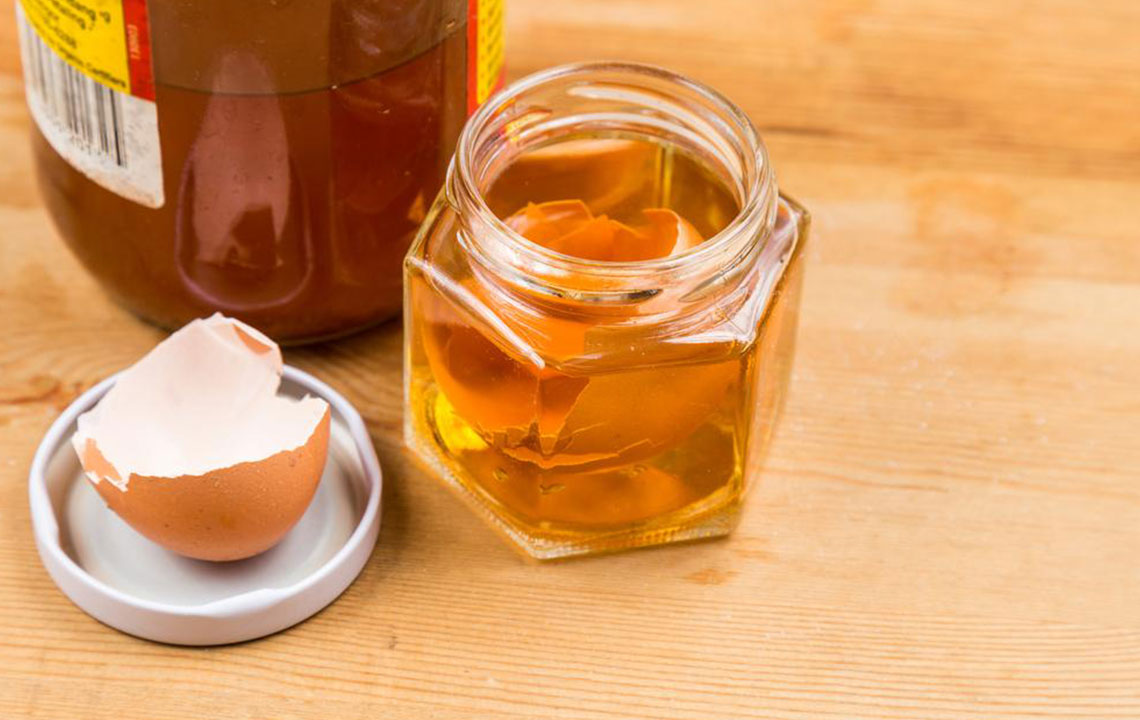Effective Strategies to Reduce Abdominal Bloating
Discover effective methods to reduce abdominal bloating through dietary changes, lifestyle adjustments, and natural remedies. Tips include identifying food sensitivities, adopting a low-FODMAP diet, eating smaller meals, and incorporating digestive enzymes and probiotics. These strategies help alleviate discomfort, prevent excessive gas buildup, and promote overall digestive health, providing relief from bloating without the need for medical intervention.
Sponsored

Top tactics to alleviate bloating
Experiencing a swollen stomach after meals is a common concern known as bloating. While sometimes linked to underlying health issues, in most cases, it can be managed with simple dietary adjustments and lifestyle habits. Bloating often results from muscle movement disruptions in the digestive tract and excessive gas production, leading to discomfort and a distended abdomen.
To minimize or eliminate bloating, consider these practical tips:
Identify and avoid food triggers
Many foods can cause intolerance symptoms, leading to bloating. Common culprits include lactose, gluten, fructose, eggs, and wheat. Consulting a healthcare professional to identify specific allergies can be beneficial. Removing these triggers from your diet can significantly reduce bloating.
Adopt a low-FODMAP diet
For those with irritable bowel syndrome (IBS), incorporating a low-FODMAP diet may reduce symptoms like bloating, pain, and constipation. Foods high in FODMAPs—such as apples, artichokes, beans, broccoli, cabbage, garlic, onions, pears, watermelons, and wheat—should be limited to ease digestion.
Avoid foods that produce gas
Foods rich in fiber like beans, lentils, and whole grains can cause excessive gas. Fatty foods may also slow digestion, worsening bloating. Reducing these foods can help improve comfort.
Eat smaller, more frequent meals
Overeating can cause bloating; instead, opt for smaller meals spread throughout the day. Chewing thoroughly enhances digestion and reduces gas buildup. Individuals prone to bloating should consider multiple smaller meals rather than few large ones.
Limit carbonated beverages
Fizzy drinks contain dissolved carbon dioxide, which can lead to gas accumulation in the stomach. Drinking through a straw, eating quickly, and chewing gum can introduce additional air, contributing to bloating.
Be cautious with sugar alcohols
Used as sweeteners in sugar-free products and chewing gum, sugar alcohols like sorbitol, mannitol, and xylitol can cause digestive discomfort and gas. Erythritol is generally better tolerated but should still be consumed in moderation.
Incorporate digestive enzymes
Supplements such as Beano (alpha-galactosidase) and lactase can help break down complex carbohydrates and lactose, respectively. Including these enzymes in your diet can reduce bloating and promote smoother digestion.
Address constipation
Constipation can lead to bloating. Incorporate adequate fiber, use magnesium supplements if needed, and stay active to promote healthy bowel movements, reducing abdominal pressure.
Use peppermint oil
Natural antispasmodic remedies like peppermint oil can relax intestinal muscles, alleviating spasms and reducing bloating.
Consume probiotics
Probiotic supplements and foods can restore healthy gut bacteria, improving digestion and decreasing bloating symptoms.






